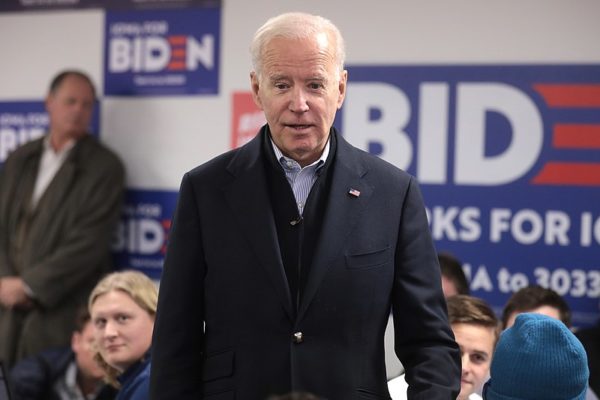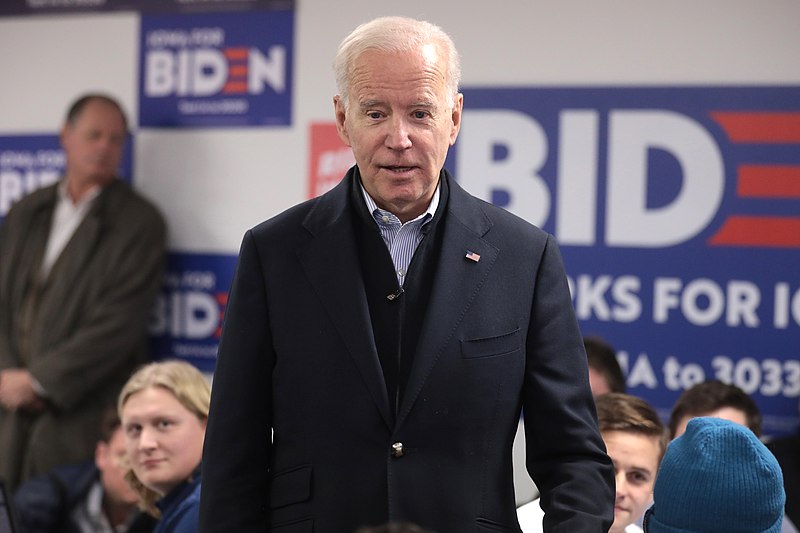
President Joe Biden’s $1.9 trillion relief plan to help Americans during the Covid-19 pandemic has been approved in the House of Representatives.
The vote was along partisan lines. Two Democrats joined Republicans – who see it as too expensive – in opposing it.
The relief bill must now go to the evenly-divided Senate, which has already blocked a key element – doubling the US minimum wage to $15/hour.
The Covid-19 relief package seeks to boost vaccinations and testing, and stabilize the economy.
The cash would be extended as emergency financial aid to households, small businesses and state governments. Unemployment is close to 10%, with some 10 million jobs lost in the pandemic.
The vote comes in the same week the United States passed 500,000 coronavirus-related deaths – the largest figure of any nation in the world.
In brief remarks at the White House on February 26, President Biden hailed the House’s approval of the plan, saying he hoped it would receive “quick action” at the Senate.
He said: “We have no time to waste.
“If we act now, decisively, quickly and boldly we can finally get ahead of this virus, we can finally get our economy moving again. And the people in this country have suffered far too much for too long. We need to relieve that suffering.”
Joe Biden had appealed for bipartisan unity when he took office last month.
He has championed what he calls the American Rescue Plan as a way to help struggling Americans through Covid-19.
However, Republicans say the plan is unnecessarily large and stuffed with Democratic priorities unrelated to the pandemic.
The divisions were reflected by the representatives.
The bill is the third major spending package of the pandemic, and actually not quite as big as President Donald Trump’s $2trillion last March.
President Trump Fails to Sign Covid-19 Relief Bill into Law
President Trump Threatens to Block Covid-19 Relief Bill
The key elements include:
- A $1,400 cheque per person, although payments phase out for higher incomes
- Extending jobless benefits until the end of August to help the more than 11 million long-term unemployed
- Parents of children under the age of 18 to get a year of monthly benefits
- $70 billion to boost Covid-19 testing and vaccinations
- Financial support for schools and universities to help them reopen
- Grants for small businesses and other targeted industries
- Funds for local government
One of the other major elements is the increase of the minimum wage from $7.25/hour – where it has been since 2009 – to $15.
On February 25, Elizabeth MacDonough, the non-partisan Senate parliamentarian – who interprets its rules – said that raising the minimum wage would violate the budgetary limits allowed in this kind of measure.
The bill that passed in the House does still include the increase and it remains unclear how the issue can be resolved.
The minimum wage rise remains a key Democrat goal, particularly for the party’s progressive wing, and some top Democrats are considering a measure to penalize employers who pay less than $15/hour.
Republicans argue the minimum wage increase would be too heavy a toll on firms struggling to rebuild following the Covid-19 outbreak.
The package goes to the Senate – spilt evenly between Democrats and Republicans 50-50 – probably next week. The rules of the Senate do allow a reconciliation bill like this to be passed on a simple majority, rather than 60-40.
